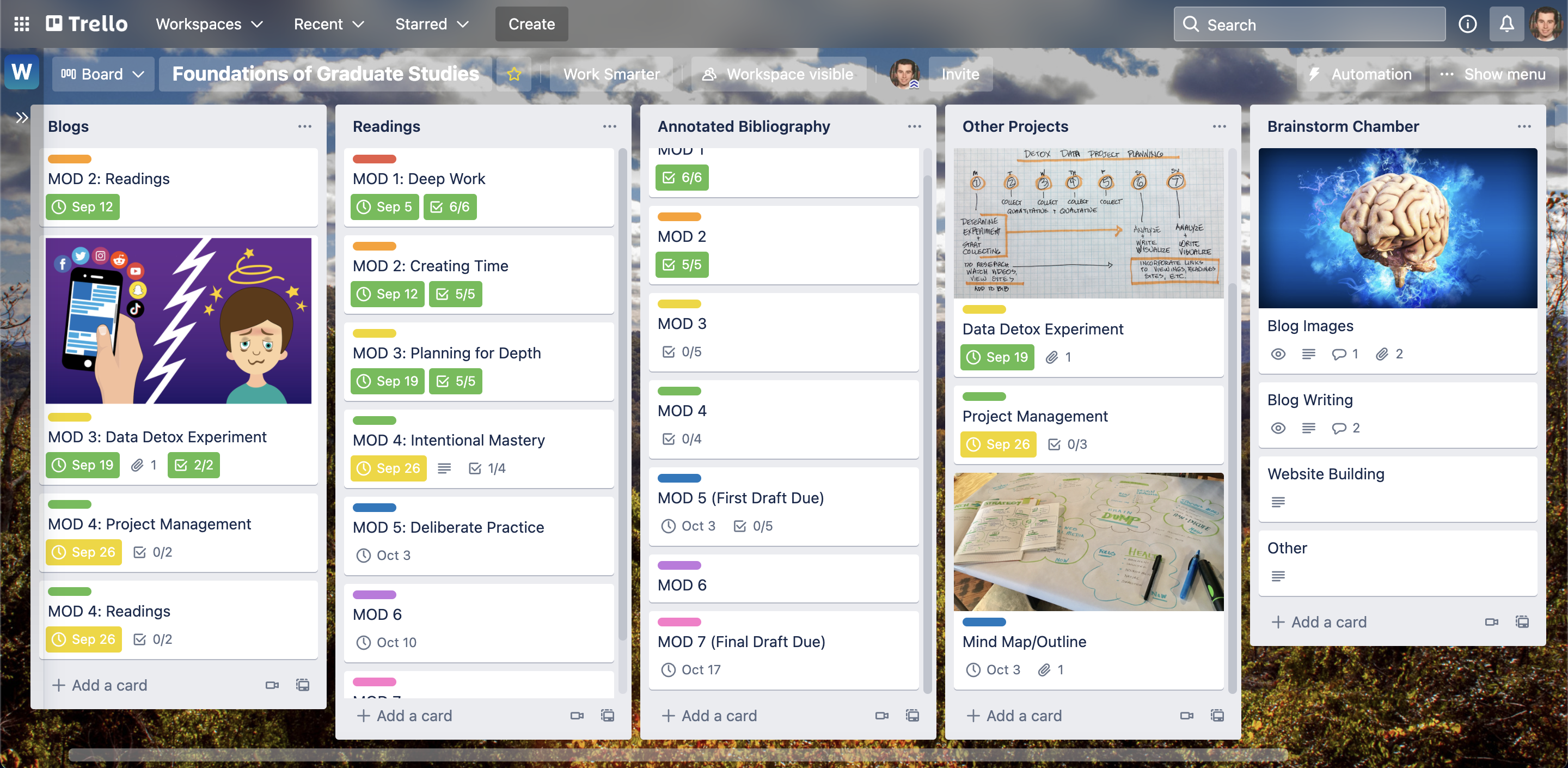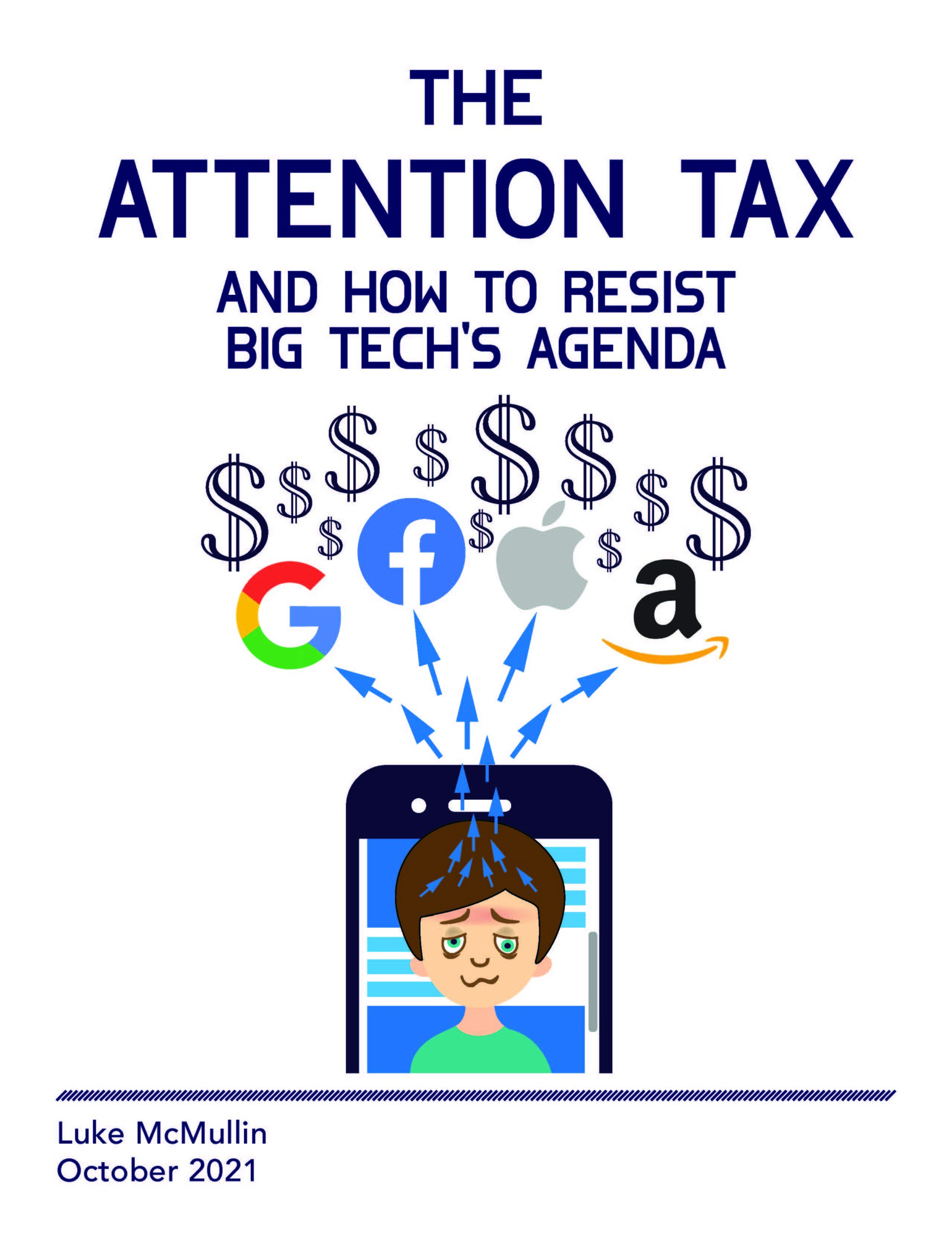
What is Buy N’ Large? (in case you don’t know)
In 2008—roughly 13 years ago upon writing this—Disney-Pixar released a very unique animated future-dystopian movie called Wall-E, which depicts a robot designed to do the dirty work humans have caused (and no longer wish to be responsible for). This robot, Wall-E, embarks on an adventure to search for his new robot girlfriend who was seemingly abducted into space after discovering evidence for life to presume on Earth, which humans have long abandoned. His adventure leads him to a shocking discovery: the humans have been living on a large spaceship that is controlled by hi-tech AI which is all operated by one corporation by the name of Buy N’ Large. Not only does this monstrous conglomerate control the entire economy of the spaceship, called the Axiom, but it also controls the humans by influencing virtually all their behaviors/choices and using euphemistic propaganda models to encourage them to carry on their day like nothing is wrong.
On paper, this corporation caters to nearly all of humans’ needs, eliminating most material worries a human might have. Nonetheless, it actually serves as the main antagonist of the movie (besides Auto, but we’ll focus on Buy N’ Large for now). The main problems? Humans’ complete dependence on AI technology to perform even the simplest of tasks, the lack of human individuality and voice, and the overall massive downgrade of human quality of life (and dignity, for that matter). And today, 13 years later, some worry that as we become more dependent on technology ran by a handful of tech giants for our economy and everyday needs, the fate of humanity is looking more and more similar to this hyperbolically dystopian movie.
The ‘Technocracy’ of Today

So how exactly could humanity end up being controlled by some AI monopoly? Well, as Franklin Foer puts it, the tech giants of Silicon Valley and beyond are in a constant race to become humans’ “personal assistant,” finding creative ways to impact human behavior and make their lives better. Or perhaps a more realistic way of putting it: conform the world to their vision. Admittedly, these tech companies such as Facebook, Google, Amazon, Apple, and Microsoft do not have inherently bad products or even have bad intentions, per se. In fact, they have provided countless innovative technologies and commodities that have exponentially sped up the processes of everyday tasks and consequently have indeed made human life much easier and more convenient.

But here’s the catch: they don’t just stop when there’s ‘enough’ convenience. That’s not in their business model. As Foer mentions, they have secret methods and algorithms with the main goal being to keep someone’s attention as long as possible; and they’re constantly expanding on these algorithms and their overall reach to the public. It is in a corporation’s best interest to maximize on profit, and big tech is no exception. The more clicks they receive, the more ad revenue they receive. And, as humans become more dependent and ‘hooked’ on their products, then that’s all the more reason to keep growing and growing, until the competition is wiped out and there’s no one left to challenge their ever-expanding reach.
To quote Foer: “the founding fathers of these companies often make big, bold pronouncements about human nature—a view that they intend for the rest of us to adhere to.” This sounds ominously similar to the Buy N’ Large ads which are displayed all over the decaying Earth and the Axiom. It’s this bold, inspiring approach that gets humans to tow the line without question.
I don’t mean for this think piece to feel like an all-out doomsday conspiracy; and I certainly don’t wish to act like one of those stereotypical baby-boomers who think any new technology or trend is inherently bad. And I do see the massive benefits that these innovative communication technologies have provided the world, especially in education, healthcare, and the ability to connect with people from diverse backgrounds over a far distance like never before. But I fear that if we are too complacent with the mindset that all new technology equals good, then we may indeed let the world deteriorate and become the AI wasteland as depicted in Wall-E.







